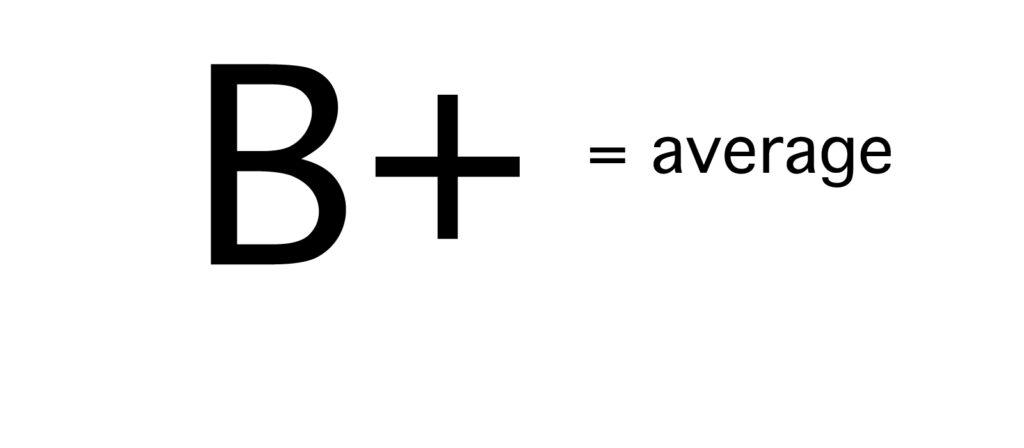Recent news stories have focused on grade inflation at prestigious colleges. For example, Harvard University revealed that its median grade was an A-, prompting outrage from those who think grade inflation is destroying the integrity of grades.
“Grade inflation is harmful because it cheats students of the opportunity to understand what they do and don’t do well,” The Washington Post wrote of the Harvard revelations. “Grade inflation tells students they do everything very well — a continuation of the applause and approbation most have experienced all of their lives. Grade inflation … is in reality an education failing.”
At Saratoga High, statistics compiled from Aeries indicate that the median grade is a B+, and the average weighted GPA a 3.75.
Here is a breakdown of various classes’ GPAs from senior year only:
• Class of ‘06 — 3.70
• Class of ‘08 — 3.63
• Class of ‘11 — 3.66
• Class of ‘14 — 3.77 (Does not include second semester grades)
Comparing the Class of 2014’s GPA to that of 2011 yields a difference of 0.1 points in GPA.
To put that in perspective, the average increase in GPA at American universities over 15 years is 0.2, according to statistics compiled by Stuart Rojstaczer, a former Duke professor and a leading researcher in the area of grade inflation.
“Significant grade inflation is present almost everywhere,” Rojstaczer wrote.
However, second semester will most likely bring down the class of 2014’s GPA, and thereby closing the gap. While the school’s average GPA and median grade may be higher than a traditional “average” grade of a C, it has nevertheless been more or less consistent through the past few years, indicating a steady standard in grading and no inflation.
To put it succinctly, in somewhat surreal Saratoga High terms: Maintaining a B+ is average and has been for a while, highlighting the type of academic standards students here compare themselves to.
English teacher Erick Rector said students may be sacrificing too much to have such high grades.
“If the median GPA is that high, then how is the high school experience for our kids?” Rector said. “If the only thing we’re focusing on is getting GPA scores through the roof, what are we sacrificing to do that? I would much prefer to have a student who is well rounded rather than one who simply focuses on a 4.0+ GPA throughout high school.”
According to assistant principal Brian Safine, the school’s high GPA is not a symptom of grade inflation.
“There are so many factors behind student achievement and so many different ways to measure it,” he said. “The average GPA is high at Saratoga High because we have an incredibly dedicated and motivated student, staff and parent population. There is no evidence to suggest there is grade inflation here because that implies that grades are artificially high.”
GPA by class
Here is the quick breakdown of average weighted GPA’s of various classes from only first semester:
• Class of ‘14 (seniors): 3.77
• Class of ‘15 (juniors): 3.73
• Class of ‘16 (sophomores): 3.76
• Class of ‘17 (freshmen): 3.75
The similarity between the senior and freshman GPAs suggests that, though seniors take more APs and honors classes, seniors also get lower grades in those AP classes (an A in an AP/Honor class yields a 5.0 while an A in a regular class yields a 4.0).
“I actually think it’s better that the GPA remains relatively the same because that means you’re catering properly to the skill-set of each grade level,” senior My-Lan Le said. “I think that actually reflects well on the school because it would be worse if you started freshman year higher and just slowly died.”
This trend — access to APs seems to have no effect on GPA — is reflected in the dip in junior GPA, which is the lowest of the four at 3.73. The second highest GPA is the sophomore GPA, which is 3.76. Still, it should be noted that these could be statistical aberrations in individual classes’ academic prowess.
But senior Akshay Madhani believes the difficulty of the school’s classes, regardless of average GPAs, is beneficial.
“If Saratoga's classes weren't so hard, I honestly believe that many people wouldn't work because they know they could easily get an A,” Madhani said. “Success depends not so much on the college you go to but on what you do there, and a lot of that comes from how well your high school prepared you for your college.”
























